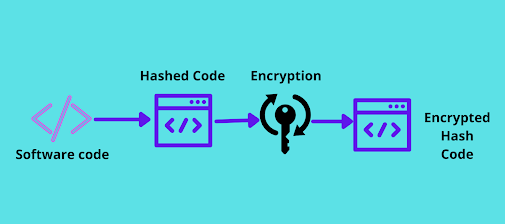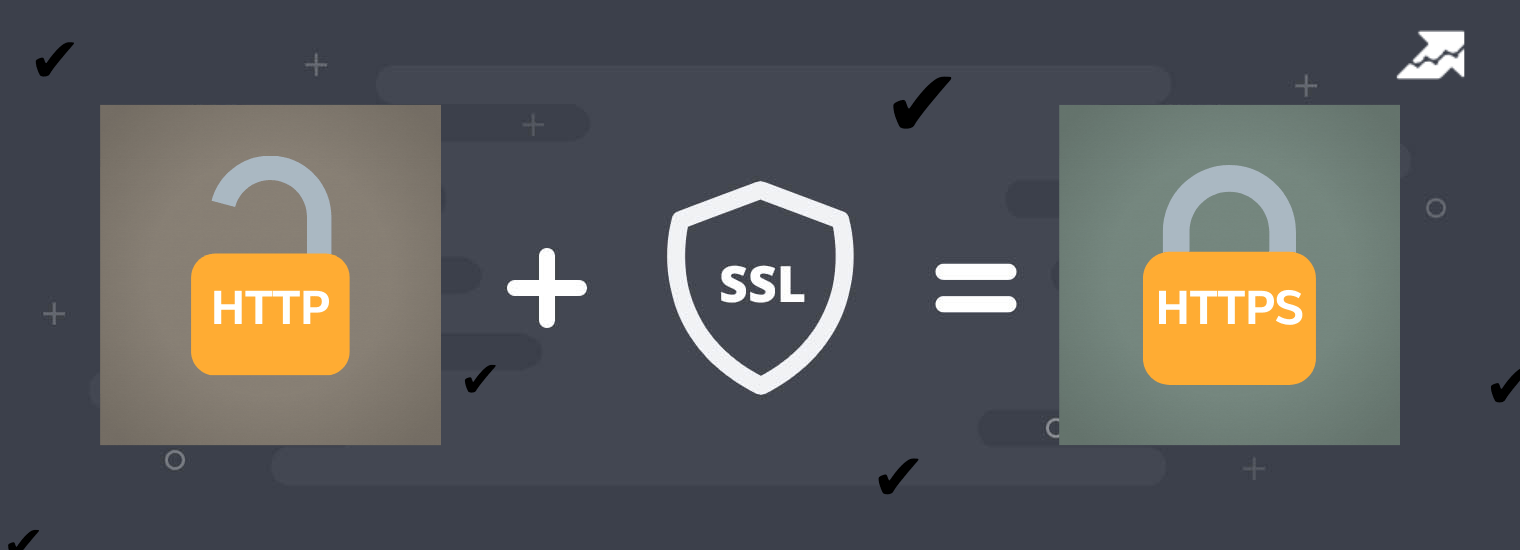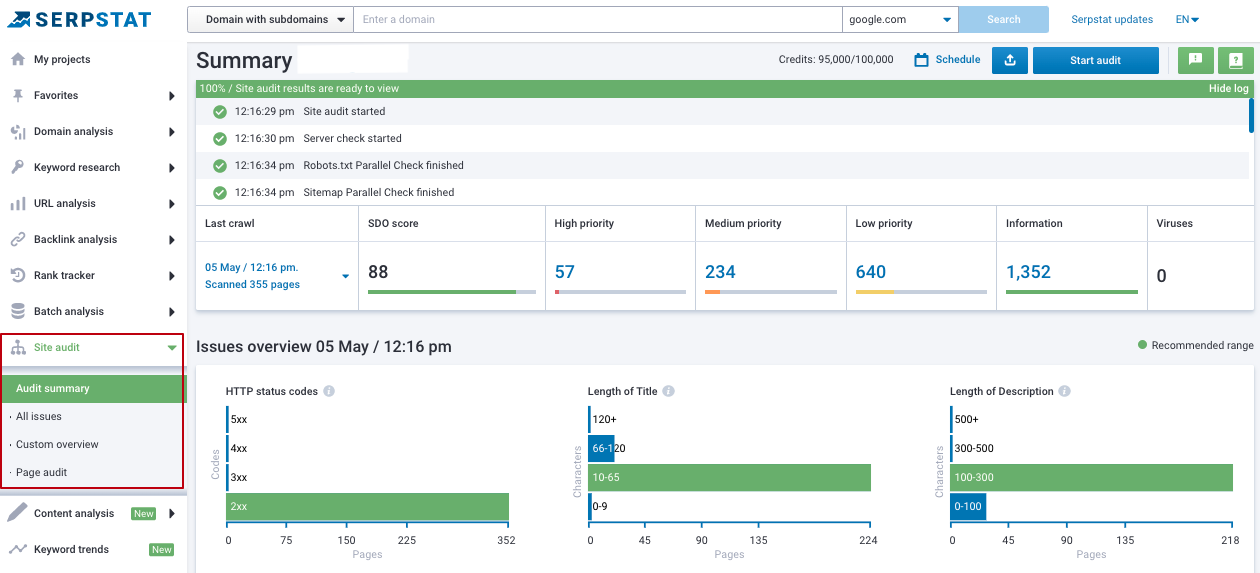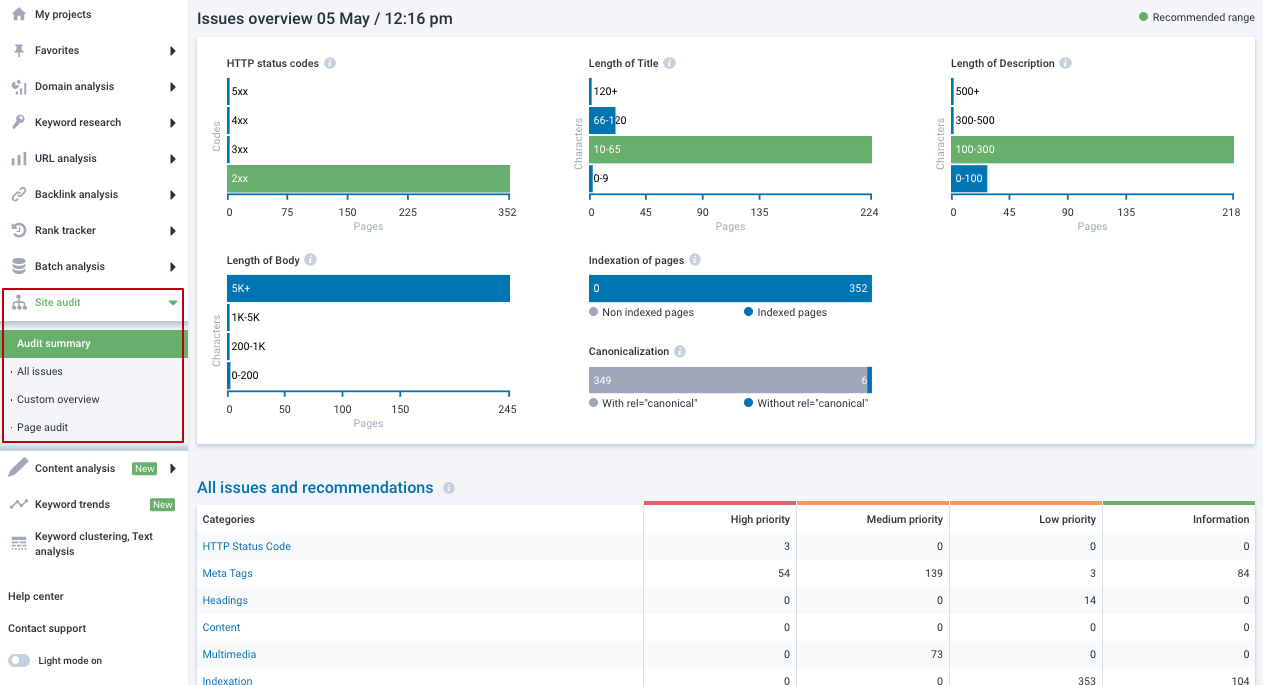Start Exploring Keyword Ideas
Use Serpstat to find the best keywords for your website
TOP Reasons Why Your B2B E-commerce Website Needs an SSL Certificate


Nowadays there are many types of cyber-attacks that B2B eCommerce websites face:
- Phishing attacks
- Cross-site scripting (XSS)
- SQL injections
- Spamming
- DDoS attacks
- Malware attacks
- Brute force attacks
At its heart, every website security solution, whether it's eCommerce or any other type, is server-client interactions. Securing these interactions can help B2B eCommerce websites at this matter.
This is where an SSL certificate can help. It secures communication between a web server and a user’s device. So, the data exchange remains anonymous. However, there are several reasons to use such a security solution, which we will discuss here.
But first, let's understand what SSL certificates are.
What is an SSL Certificate?
In other words, it acts as a middleman between users and website servers. So, users are not involved in secure communication, and the data transfer remains secure.
A padlock or green bar on the website URL is indicative of the SSL certification. It has several benefits for a B2B eCommerce website, like better user trust, enhanced security, secure transactions, and better search engine optimizations.
Active SSL certification has seen a year on the year growth rate of 25%. However, at the same time, several websites still lack SSL certification, leading to a risk of data breaches.
So, how does SSL work? It's like a set of locks and keys! The only pair of keys here are public and private keys.
SSL Encryption: Lock & Key Story!
Asymmetric encryption is where the data is encrypted and decrypted by a different set of key pairs. On the other hand, symmetric encryptions use the same key for both encryption and decryption.
SSL certificates use both types of encryptions, where asymmetric encryptions establish a secure session between client and server. At the same time, symmetric encryptions enable safe data exchange within secure sessions.
- Domain Validation (DV) SSL certificates are one of the primary digital certifications which allow security for any domain owner. Certificate Authority (CA) validates only the domain of any certification requestor for DV SSL certification.
- Organization Validation (OV) certificates provide a more extensive validation than DV certificates. CA verifies complete information or an organization before issuing an OV SSL certificate. It is a type of certificate that B2B eCommerce websites prefer due to the organization's validation.
- Extended Validation (EV) SSL certificates provide the highest trust for users and enable your B2B eCommerce business to infuse a sense of security among customers. CA uses a stricter vetting process to issue EV SSL Certificates and enables a green sticker on the address bar for your eCommerce websites.
- Multi-Domain (MD) or Subject Alternative Names (SAN) SSL certificates help multiple secure domains. Organizations with numerous environments can secure them with a single SAN. It can help secure more than 250 at the same time.
- Wildcard SSL certificates make it possible to secure multiple subdomains with a single digital certificate. This is especially beneficial if you have various subdomains for different departments like human resources, purchase, maintenance, customer care, etc.
Top Reasons Why Your B2B eCommerce Website Needs SSL Certification
Read the points below to find all the answers!
- Open-source eCommerce platforms
For example, in 2016, a malware attack targeted more than 6,700 online stores developed on Magento. So, how to ensure that your open-source platform is secure and there are no inherent vulnerabilities?
There are multiple ways in which cyber attackers exploit platform-based vulnerabilities. For example, they can use a web session to inject malicious codes or even leverage user input for cyberattacks. Fortunately, an SSL certificate does not allow cyberattackers to have visibility of the data in motion.
So, even if a hacker tries to execute a zero-day input validation attack, a secure session ensures that attackers only get a random string of numbers without public key access. A recent example of such an attack was the CVE-2022-24086 on Adobe Commerce and Magento platform.
It was a pre-authenticated flaw that attackers could execute arbitrary code through improper user input. So, they did not need user credentials to run the code. However, B2B eCommerce websites with SSL certification have an advantage over such attackers.
While overcoming the caveats of your open-source platform at the base of an eCommerce website is not the only benefit that SSL certificates offer. It also allows eCommerce businesses to provide better compliance with transactional standards.
2. Secure payments
So, how does an SSL certificate enable secure payments?

3. Improved SEO
For example, HTTPS certificate issues, HTTP code status, and redirects contribute to 6.05% of issues that affect SEO negatively.
- Web core vitals
- No intermediary interstitials
- HTTPS security
- Mobile-friendly website
Here you can leverage platforms like Serpstat, which provides SEO solutions to perform full-fledged site analysis, and improve security, traffic, and conversions.
On the screenshots below, you may see how the Serpstat Site Audit Tool works, for example. Carry out a comprehensive technical SEO audit, find and fix on-site issues, and boost your Google rankings using our service.
4. Enhanced CRM
It is vital to acknowledge CRM for a B2B business is different from a B2C company. Most B2B clients are businesses that want technology expertise or solution. Another exciting aspect is how your B2B client can be a B2C company catering to end customers.
So, trust becomes a critical factor in conversions. If your B2B client does not trust your eCommerce website, it can make or break sales goals. SSL Certificate secures your website and CRM by protecting customer support, HR, and CRM subdomains.
Though, installing different certificates for each subdomain can prove costly. Fortunately, you can buy a wildcard SSL at a low price like a cheap wildcard SSL certificate from leading CAs in case of securing multiple subdomains.
So, here are your reasons to choose SSL certification for B2B eCommerce websites. However, the story does not end here. There are a few steps left that ensure a smooth transition towards HTTPS.
Moving SEO to HTTPS
✔️ Validating the SSL performance.
✔️ 301 redirect configuration.
✔️ Updating the sitemap.
✔️ Adding a link to the new sitemap in the robots.txt file.
✔️ Updating data in the search console according to the new sitemap.
✔️ HTTPS protocol configuration.

Next, one crucial aspect is redirecting your HTTP site to the HTTPS site. Also known as the redirect 301, you can execute it by adding .htacces to the command line.
Further, you need to update the sitemap according to the HTTPS site and add a link to robot.txt. It allows Google to index new HTTPS sites instead of an HTTP site.
Lastly, configure HTTPS protocols for your B2B eCommerce website for enhanced security. HTTPS protocol will be an indicator for Google that your website is a reliable source for user search.
Conclusion
So, find the most suitable SSL certificate for your B2B website and install one to improve overall security performance.
That's it!
Speed up your search marketing growth with Serpstat!
Keyword and backlink opportunities, competitors' online strategy, daily rankings and SEO-related issues.
A pack of tools for reducing your time on SEO tasks.
Discover More SEO Tools
Backlink Cheсker
Backlinks checking for any site. Increase the power of your backlink profile
API for SEO
Search big data and get results using SEO API
Competitor Website Analytics
Complete analysis of competitors' websites for SEO and PPC
Keyword Rank Checker
Google Keyword Rankings Checker - gain valuable insights into your website's search engine rankings
Recommended posts
Cases, life hacks, researches, and useful articles
Don’t you have time to follow the news? No worries! Our editor will choose articles that will definitely help you with your work. Join our cozy community :)
By clicking the button, you agree to our privacy policy.


